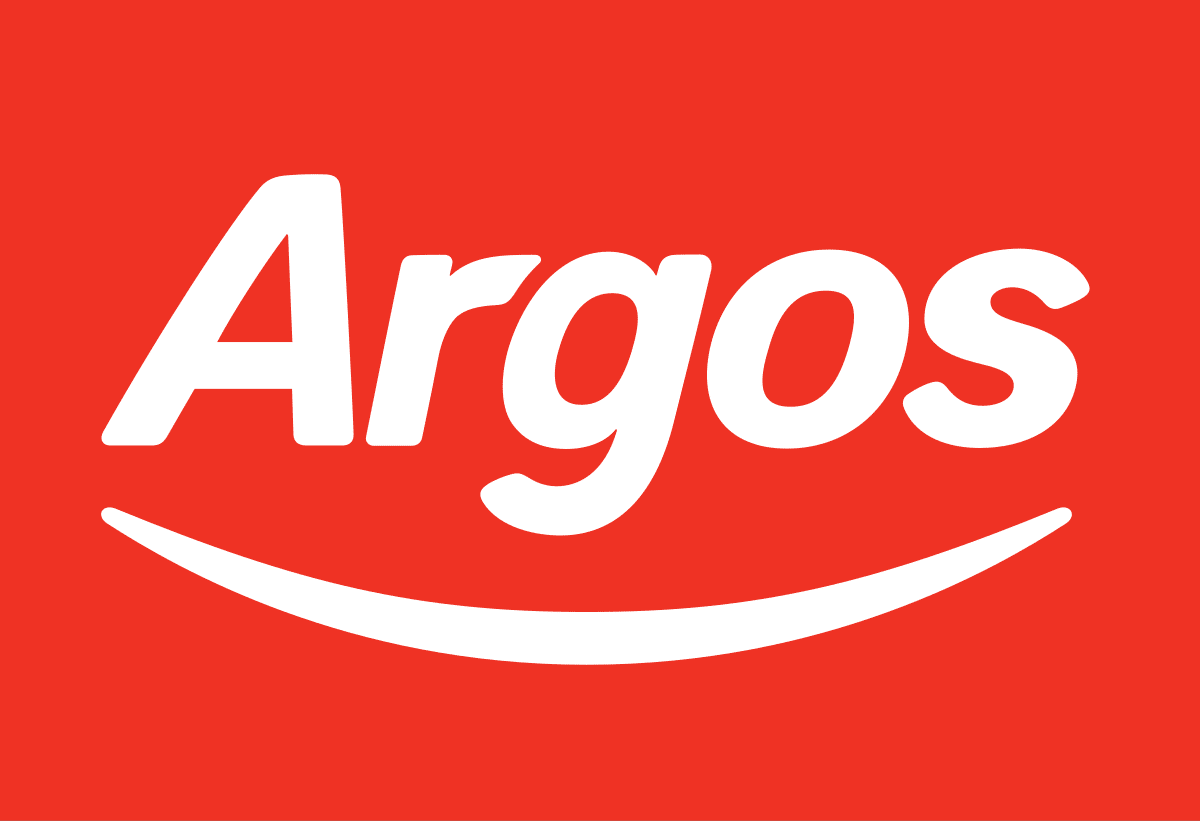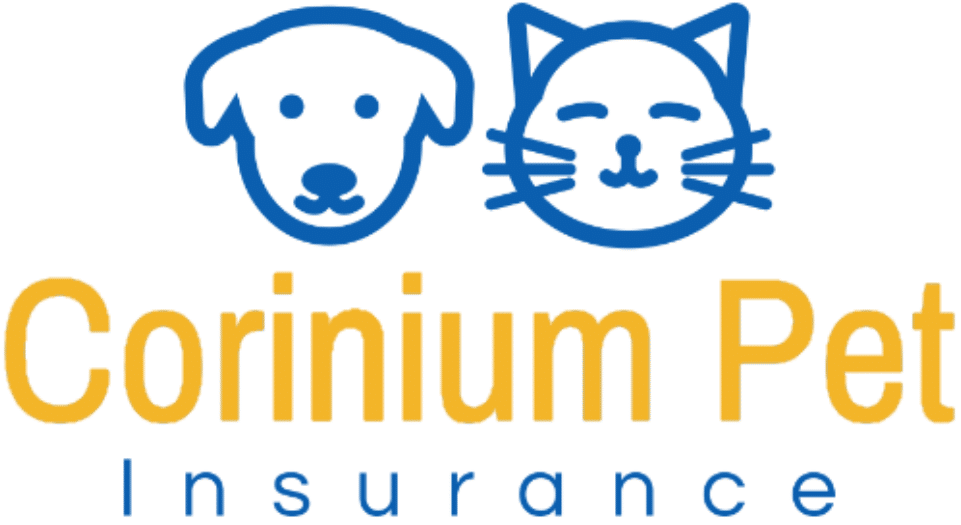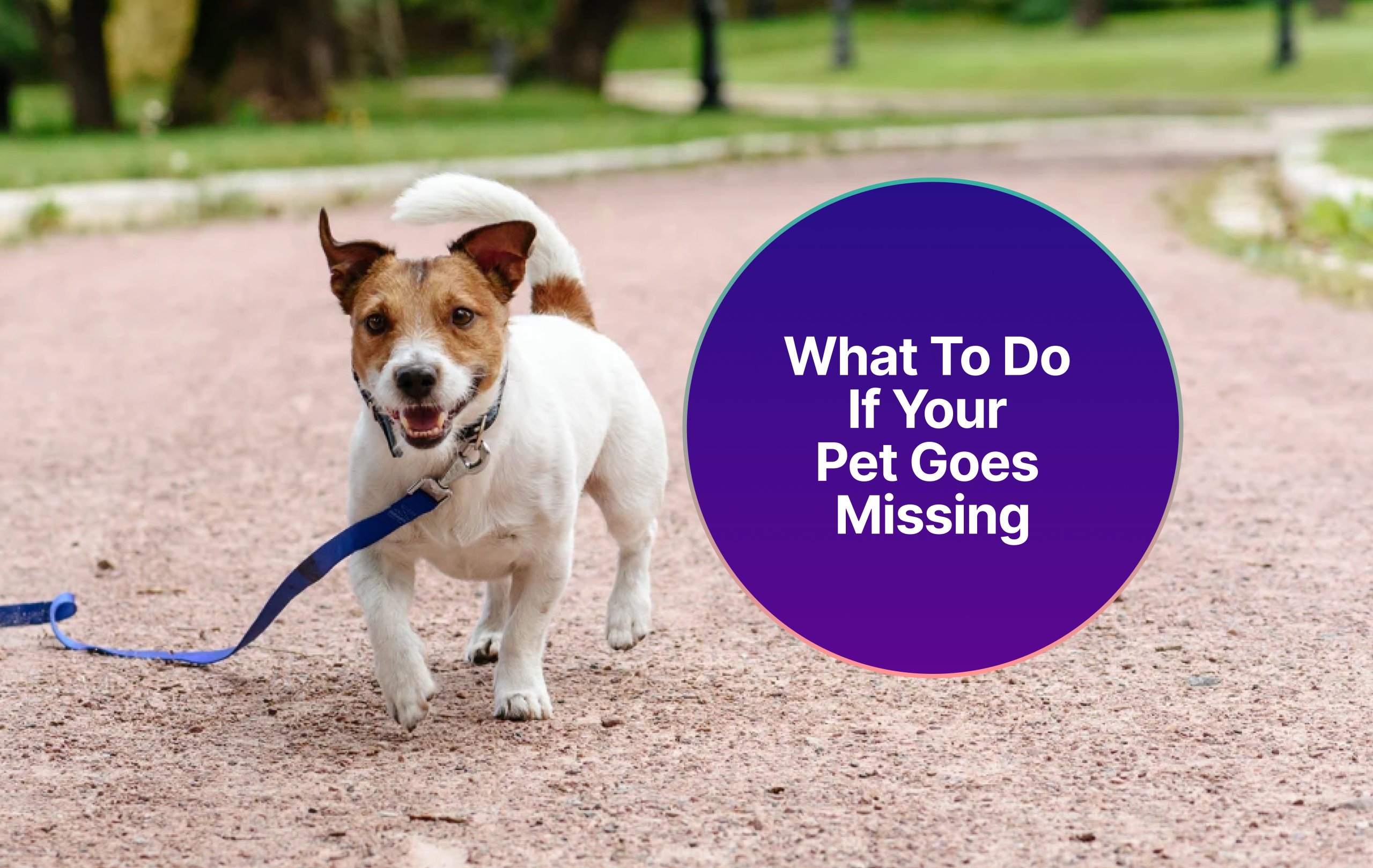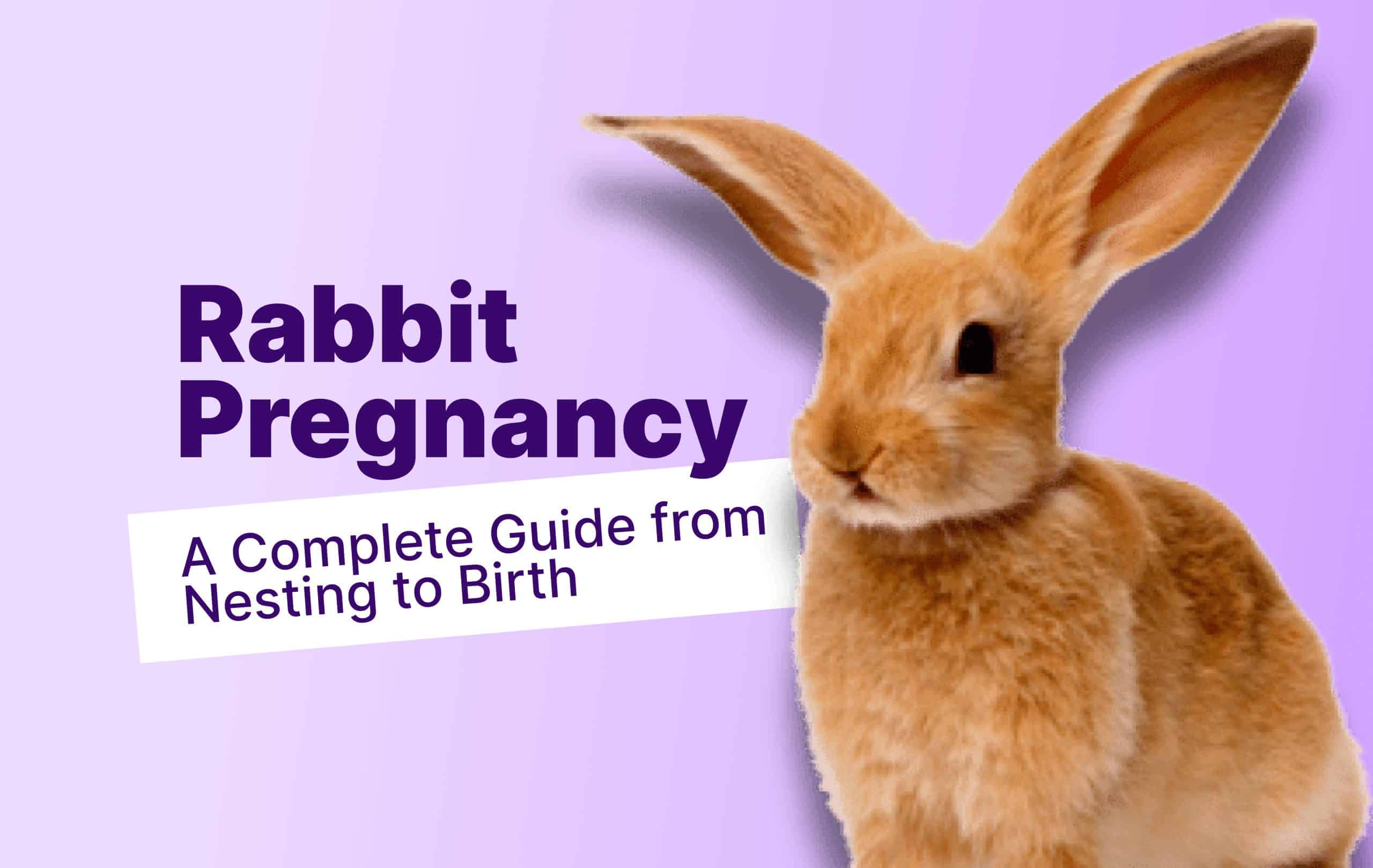Wellness, Wagging and Cover





Compare pet insurance quotes from the UK’s leading insurance providers
We simplify your search by comparing policies from over 25+ top-rated UK insurers all in one place. We help you compare key features like: vet fee limits, cover types (lifetime, accident-only, etc.), excess amounts to get cover for your dog, cats and rabbits.














Testimonials

"Quays has completely changed the way I stay organized. I use it for everyday tasks and to set reminders for my dog Max’s vet visits, grooming, and feeding times. It’s simple, reliable, and feels like having a personal assistant in my pocket! "

"Quays took the hassle out of finding the right cover. I compared options, picked the best deal, and was insured in no time. It’s honestly the easiest insurance experience I’ve ever had."

"Whenever I have concerns about my cat, I just open the app and check the Pet Community or Vet Q&A section. I always find people facing similar issues, and it’s incredibly helpful!"





